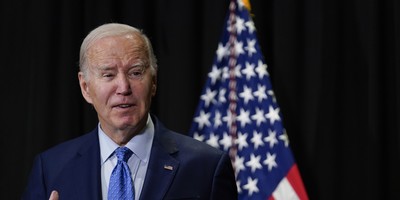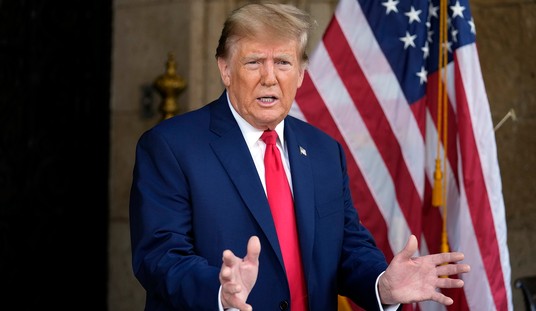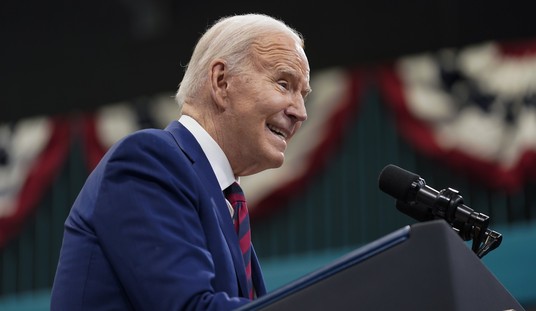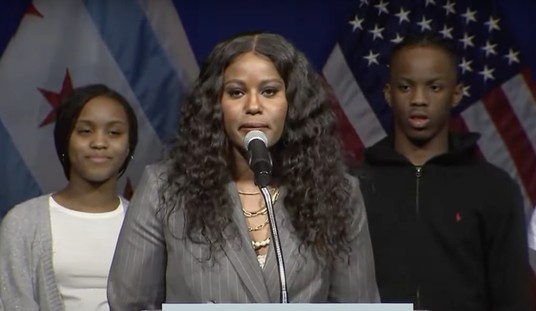With American politicians still refusing to substantively address the looming consequences of their fiscal irresponsibility, it only makes sense that voters are feeling frustrated and powerless. Last November’s elections sent an unambiguous message to leaders at all levels of government that unsustainable spending will no longer be tolerated – yet it’s becoming increasingly obvious that only a handful of leaders are heeding this message.
If our nation is to be governed in a manner consistent with the taxpayers’ best interests moving forward, then serious structural reforms are necessary. In addition to passing term limits that cap politicians’ time in office – the right of voters to recall their elected officials should also be expanded.
Currently, recall elections are not permitted in the United States for federal officeholders, and at present only nineteen states allow recall elections for state officeholders. Of these nineteen states, seven (Alaska, Georgia, Kansas, Rhode Island, Minnesota, Montana and Washington) require specific grounds for a recall election to be held, while Illinois provides for the recall of governors only. Also, there are arduous signature-gathering requirements that serve to dissuade voters from initiating recall efforts.
In spite of its relatively sparse implementation as a part of our American democracy, voter recall is firmly grounded in the history of representative government. Unlike passing political fads or rhetorical buzzwords that come and go from year-to-year, voter recall (like term limits) traces its roots all the way back to ancient Athenian Democracy. On this continent, its lineage can be traced to the Massachusetts Bay Colony, meaning recall pre-dates the American Revolution by more than a century.
And even though the U.S. Constitution failed to include a recall provision, several of our founding fathers argued on behalf of its insertion. In his 1787 “Virginia Plan,” James Madison paired rotation in office (i.e. term limits) with a recall provision as part of his blueprint for the lower house of the new federal government. More recently, recall elections were promoted at the turn of the 20th century as part of citizen-empowering initiative and referendum reforms – prompting a handful of states to adopt these measures.
Recommended
Unfortunately both the limited availability of voter recall provisions and the hurdles that must be cleared in order to get them on the ballot have limited their effectiveness. Only two U.S. governors have ever been recalled – Lynn Frazier of North Dakota (1921) and Gray Davis of California (2003). A third governor – Evan Meacham of Arizona – faced a recall election in 1988 but was impeached and removed from office by state lawmakers before the vote could be held.
Yet with frustrated voters demanding immediate results and new methods of holding their leaders accountable if they fail to produce those results, voter recall could be on the verge of making a comeback.
Last year saw a noticeable uptick in the number of recall petition drives mounted at the local level, and just last month Miami-Dade County residents voted overwhelmingly to recall Mayor Carlos Alvarez – who had angered his constituents by raising property taxes and handing out huge pay raises to his staffers.
The recall of Alvarez – and the resulting clamor for term limits in Miami - should serve as a rallying cry for tea party members and limited government advocates across the country. Voters are clearly weary of unnecessary government spending and increasingly agitated at the growing tax burden and mountain of deficit spending necessary to subsidize that spending. More importantly, they have become equally indignant of politicians who campaign on fixing the problem but then fail to take the necessary steps to do so once they are in office.
In other words, political “talk” is cheaper now than ever before – and voters don’t want to wait two, four or even six years to “throw the bums out” when their actions don’t align with their rhetoric.
Accordingly, expanding the ability of voters to recall their elected officials could serve as a much-needed deterrent to further unnecessary government growth – as well as an impetus for forcing long-overdue cuts.

























Join the conversation as a VIP Member